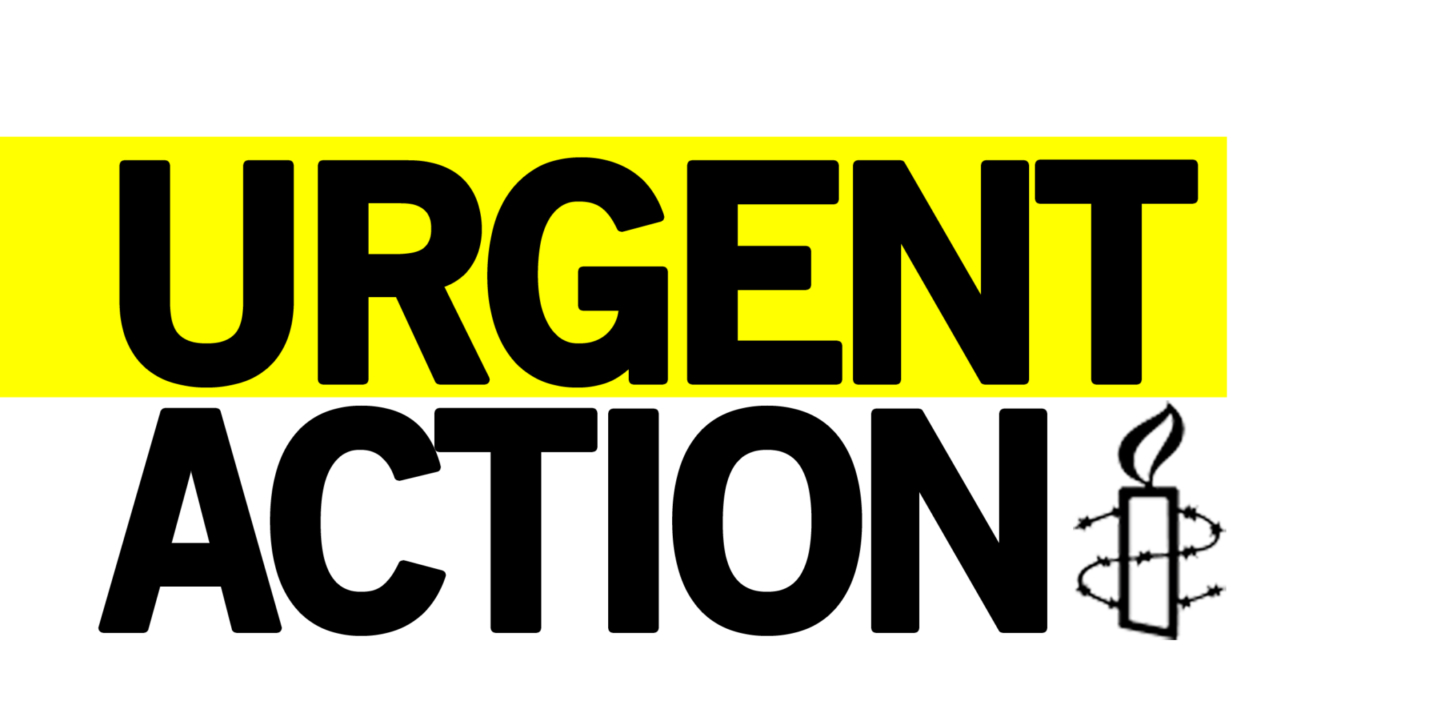Hundreds of criminal suspects allegedly linked to the drug trade have been killed since June 30, the day President Duterte took office in the Philippines. Some of these cases may amount to extrajudicial executions.
Hundreds have been killed by police and vigilantes in the Philippines since June 30, President Duterte’s first day as the President of the Philippines. Amongst those killed, over 120 of the deceased remain unidentified. The alarming increase of unlawful killings, some of which may amount to extrajudicial executions, has been observed since the day President Duterte took office and vowed to crackdown on crime.
In a 5 June speech on national television, during his Presidential campaign, President Duterte appeared to encourage citizens to perform “duties” by killing suspected drug criminals. Since becoming President, Duterte has repeated his promise to stamp out drug crime, calling on law enforcement agencies “to double your efforts…triple them if need be…we will not stop until the last drug lord, last financier and last pusher have surrendered or put behind bars or below the ground if they so wish”.
Under international law and standards, the use of force by police is strictly prohibited, except when absolutely necessary and proportionate. Police must apply non-violent means before resorting to the use of force, and carry out their duties in a way that ensures full respect for the right to life, liberty and security of all persons, including those suspected of crime. In addition, the State has a duty to protect people from all forms of violence, including an obligation of due diligence to promptly, independently and impartially investigate unlawful killings.
Media reports have highlighted numerous cases as part of President Duterte’s so called “war on crime”. These include: father and son Renato Bertes, 47, and Jaybee Bertes, 28, killed in police custody after being brought into a police station in Metro Manila for drug testing; Julius Rabina, 18, shot dead by unidentified motorcycle gunmen who asked for his father, an apparent drug suspect, outside his house; Jefferson Bunuan, 20, and his cousin Mark Anthony, shot dead by police who raided a house they were in, looking for a suspected drug dealer.
Please write immediately in English, Tagalog, or your own language:
- Urging the President to immediately condemn extrajudicial executions and other unlawful killings and call on law enforcement officials to abide by international law and standards on the use of force;
- Urging the authorities to ensure prompt, independent and impartial investigation of any use of lethal force by the police, extrajudicial executions and unlawful killings and ensure those responsible are brought to justice through a fair trial process;
- Urging them to ensure that police activities are subject to independent oversight by setting up an independent police oversight body and enhance transparency and accountability mechanisms.
PLEASE SEND APPEALS BEFORE 16 SEPTEMBER 2016 TO:
| President Rodrigo Duterte Malacanang Palace, 1000 Jose P Laurel Sr, San Miguel, Manila, Metro Manila, Philippines Email: [email protected] Salutation: Your Excellency | Ronald dela Rosa Philippine National Police Headquarters Camp General Crame, Quezon City, Metro Manila, Philippines 1100 Email: [email protected] Salutation: Director General | And copies to: Philippines Commission on Human Rights SAAC Building, Commonwealth Avenue UP Complex, Diliman, Quezon City Email: [email protected] |
Additional Information
Extrajudicial executions and unlawful killings in the Philippines since 30 June 2016 are clearly marked by a scale previously unseen. Those killed are alleged to have links to the drug trade, either as pushers or drug dealers.
In a nationally televised speech on 5 June, President Duterte stated that he will offer huge bounties to those who turn in drug lords, dead or alive. The President also promised large sums of money as reward for the death of suspected criminals. In other statements, he has said he would give security forces “shoot-to-kill” orders against organised criminals or those who resisted arrest. These pronouncements have sparked alarm that the President’s anti-crime drive might lead to widespread rights-violations. For more information see: https://www.amnesty.org/en/latest/news/2016/06/philippines-duterte-must-break-cycle-of-human-rights-violations/
Under international law, law enforcement officials must carry out their duties in accordance with the law, and with full respect for the right to life. Police must comply with human rights safeguards as set out in the UN Code of Conduct for Law Enforcement Officials (1979) and the UN Basic Principles on the Use of Force and Firearms by Law Enforcement Officials (1990).
Police must apply non-violent means before resorting to the use of force (which may be used only if non-violent means have proven to be, or are likely not to be, effective (4, Basic Principles). The use of any force by police should be strictly limited to those situations where it is absolutely necessary for the achievement of a legitimate law enforcement aim. If the use of force is unavoidable, they must always exercise restraint in its use.
UA: 186/16 Index: ASA 35/4618/2016 Issue Date: 5 August 2016


